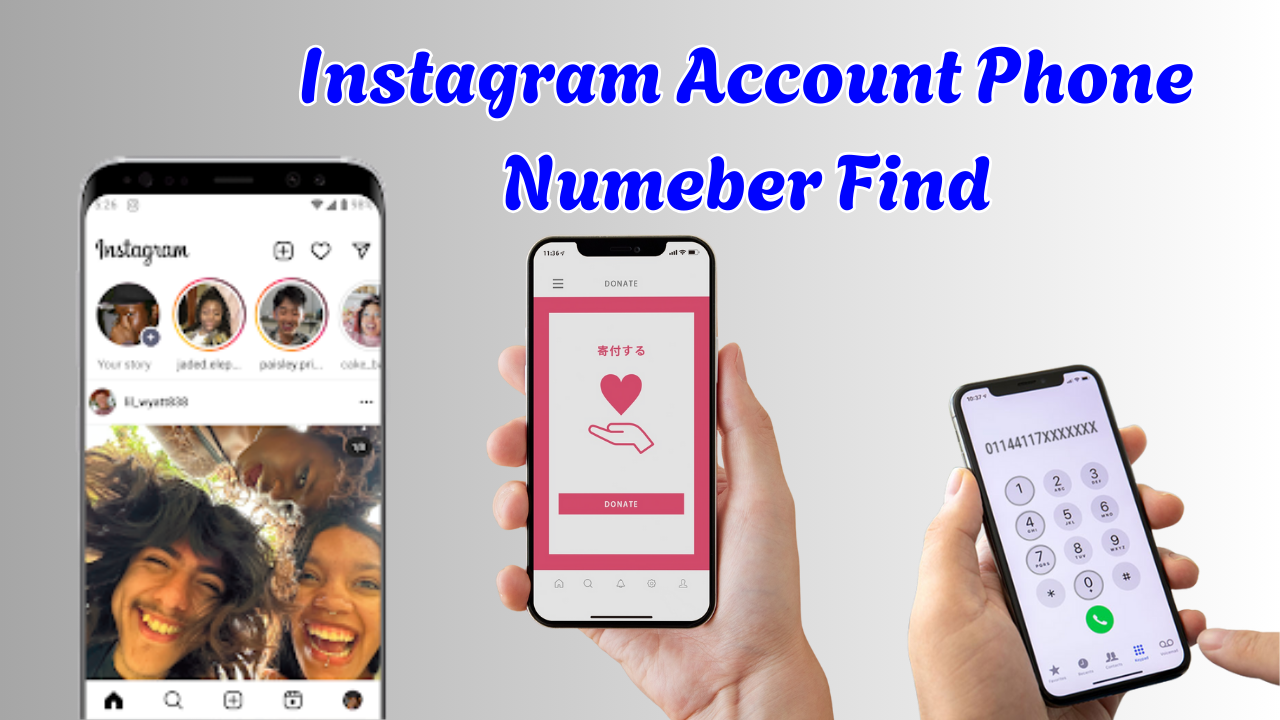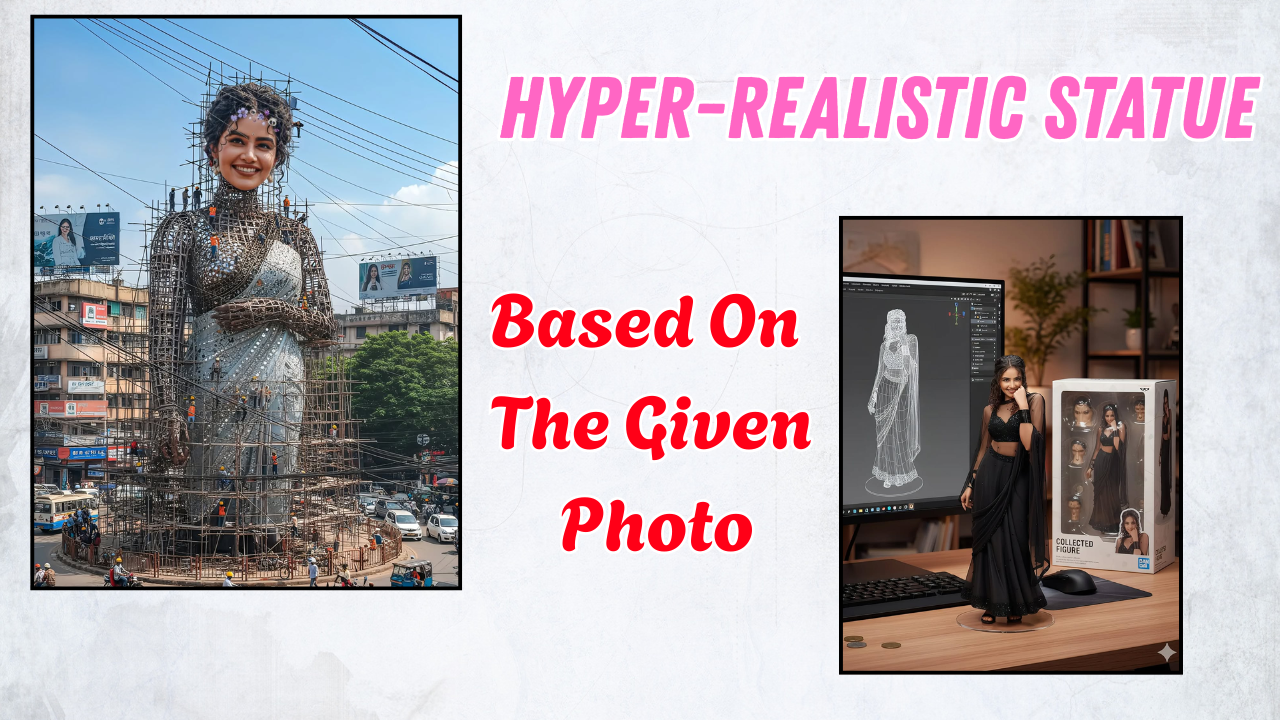Have you ever had that uneasy feeling that someone might be watching you? With the increasing accessibility of hidden cameras, this concern is more valid than ever. Hidden cameras can be discreetly placed in hotels, rental homes, offices, and even public spaces, posing a significant threat to privacy. That’s why knowing how to detect hidden cameras is crucial.
What is a Hidden Camera Detector?
A hidden camera detector is a device designed to locate concealed cameras. These detectors can identify the presence of hidden cameras through various technologies like radio frequencies (RF), infrared light, or lens reflections. Essentially, they help you uncover spying devices that could be recording your every move without your knowledge. Your privacy is paramount. Hidden cameras can invade your personal space, capturing intimate moments without your consent. This invasion can occur in places you least expect, making it essential to have a way to detect these unauthorized recording devices.
Legal Implications
Unauthorized surveillance is not just a privacy issue; it’s a legal one too. In many regions, recording someone without their consent is illegal. Using a hidden camera detector can help you avoid becoming a victim of illegal surveillance. Beyond privacy, hidden cameras can threaten your safety. In sensitive locations like bathrooms or bedrooms, these devices can lead to severe consequences if footage is misused. Detecting and removing hidden cameras ensures you remain safe from such violations.
Types of Hidden Camera Detectors
RF detectors are popular for detecting wireless hidden cameras. They scan for radio frequencies emitted by transmitting devices. If a hidden camera is actively broadcasting, an RF detector will alert you. Lens detectors use laser technology to find hidden camera lenses. By reflecting light off the lens, these detectors can help you spot even the smallest cameras. Infrared detectors identify hidden cameras by detecting the infrared light emitted by night vision cameras. They are particularly useful in dark environments where hidden cameras may be using night vision.
Multi-Functional Detectors
Multi-functional detectors combine several technologies, such as RF detection, lens detection, and infrared detection. These versatile tools offer comprehensive detection capabilities, making them a preferred choice for thorough sweeps. Choose a lightweight and compact detector for ease of use and portability. This feature is especially important for travelers. Opt for detectors with long battery life to ensure they can perform extensive sweeps without needing frequent recharges. High sensitivity detectors can detect even the most discreet hidden cameras. Adjustable sensitivity settings are also beneficial. Multi-functional detectors provide versatile detection options, making them a cost-effective choice for comprehensive protection.
Top Hidden Camera Detectors on the Market
Brand A offers a robust multi-functional detector with excellent battery life and high sensitivity, making it a top choice for many users. Brand B’s RF detector is known for its reliability and ease of use, ideal for those new to hidden camera detection. Brand C provides an advanced lens detector with laser technology, perfect for finding tiny hidden camera lenses.
DIY Methods to Detect Hidden Cameras
Look for unusual objects or out-of-place items that might conceal a camera. Pay attention to small holes or lenses that could indicate a hidden camera. There are several apps available that can help detect hidden cameras by using your smartphone’s camera and sensors. Shine a flashlight around the room. Camera lenses will often reflect light, revealing their location. Hidden cameras are frequently found in hotel rooms, often in smoke detectors, alarm clocks, or TVs. Rental properties can sometimes be targets for hidden cameras, particularly in living areas and bedrooms. Changing rooms in stores and gyms can be vulnerable spots for hidden cameras. Although illegal, hidden cameras have been found in public restrooms, highlighting the need for vigilance.
Legal Aspects of Using Hidden Camera Detectors
Using hidden camera detectors is generally legal, but it’s important to understand the specific laws in your region. Hidden cameras without consent are illegal in many places. Familiarize yourself with local laws to know your rights and protections. A couple discovered a hidden camera in their hotel room smoke detector, leading to a significant lawsuit and increased awareness. An Airbnb guest found a hidden camera in a bedroom clock, prompting a review of the platform’s safety policies. Hidden cameras were found in the public restrooms of a popular cafe, resulting in the owner’s arrest and a tightening of surveillance laws.





